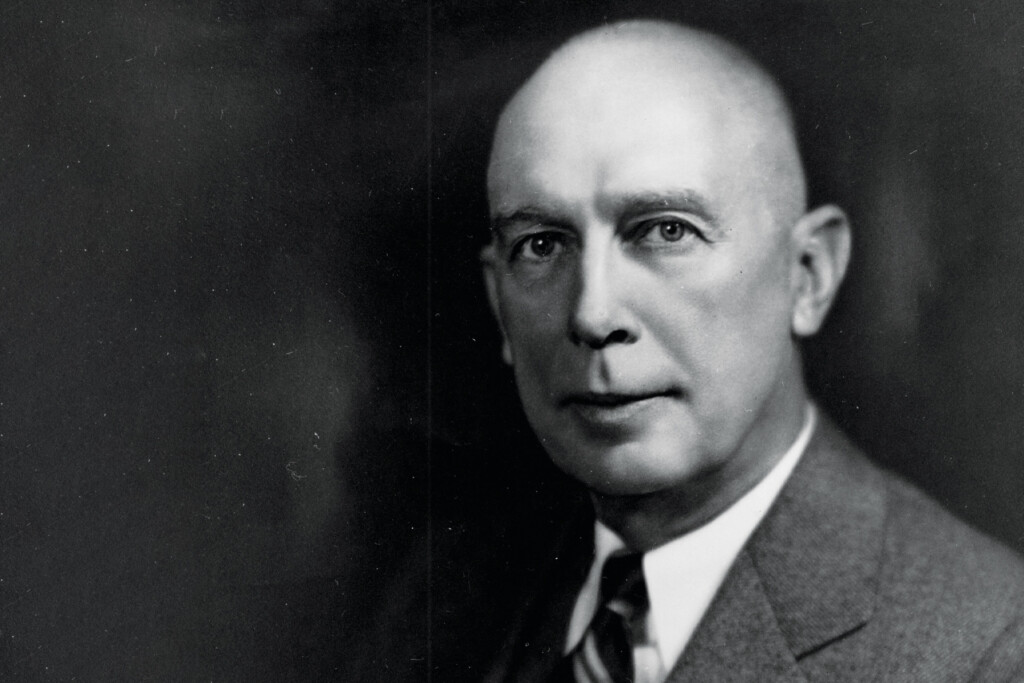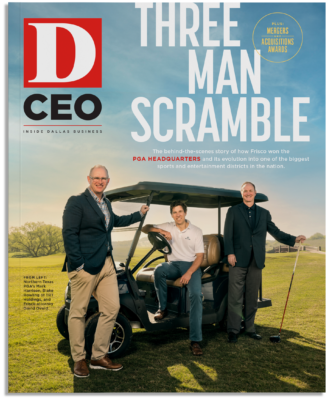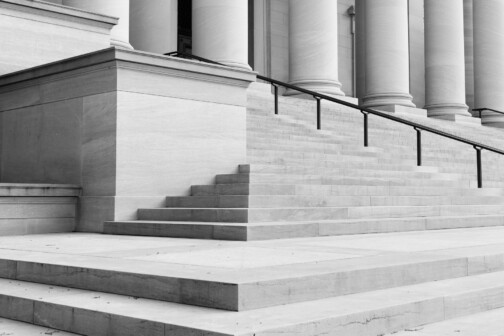Dr. William Samuell was considered one of the country’s most prolific surgeons in his prime. Almost 90 years after his death, his gift to the city is the bedrock upon which many of Dallas’ parks are built.
Samuell was born on June 13, 1878, in Georgetown, Kentucky, to farmer-turned-police commissioner Hazael O. and homemaker Sallie W. Samuell. When Samuell was just one year old, his parents settled in North Texas in New Hope, Texas. After completing his studies in Dallas-area educational institutions, he attended the University of Texas in Austin and earned a medical degree from Tulane University in New Orleans, Louisiana. After college, Samuell sailed to Europe on November 6, 1901, where he studied for two years. When he returned to the States, he lived in Mississippi before moving back to Dallas to open up his practice, the Samuell Clinic in Dallas.
Knowing Dallasites have seen Samuell’s name on many establishments named after Samuell throughout the city—W. W. Samuell High School, Samuell-Grand Tennis Center, Samuell-Grand Park, Samuell-Beaumont Park, Samuell-Garland Park, Samuell-New Hope Park, the 609-acre Samuell Farm, Metrocare Samuell Adult Mental Health Clinic & Pharmacy, and Samuell Blvd.
Samuell was a respected physician and recognized for his outstanding civic leadership, business savvy, and generous philanthropy. In 1911, amidst the meningitis epidemic, he donated the first ambulance to the City of Dallas and thousands of dollars to Parkland Hospital to expand its facility. When Samuell died in 1937 without children, he left his assets to the City of Dallas (a fortune of $1.2 million in stock, now valued at $20.9 million). In addition to the money, Samuell donated his entire real estate empire in hopes of gifting Dallas everlasting, evergreen parks. After his death, a blank prescription pad was found with a message in his hand. It was his will.
It explicitly stated, “Real estate to the City of Dallas Park Board for park purposes – not to be sold. Balance to Park Board as a permanent foundation. First National Bank, administrator.”
Samuell was a Methodist Hospital, Baylor Hospital, and St. Paul’s Hospital staff member throughout his career. He died at St. Paul’s of a heart attack after recovering from pneumonia at 59 years old.
For a man who has been deceased for nearly nine decades, his legacy remains because of his generous bequest to the City of Dallas and North Texas. His gift of parks was more than twice the annual park budget at the time, making Dallas one of the wealthiest park systems in the country. Today, the city owns more than 1,700 acres because of it. If you want to dive deeper into Samuell’s legacy and the drama that ensued after his donation to the city, read this 2009 D Magazine story, “The Very Complicated Legacy of Dr. William Samuell.”
Oil and gas attorney and Samuell Farm guardian Hugh Brooks said the bequest was meant to be “a place where people could enjoy the trees and water and grass.”







